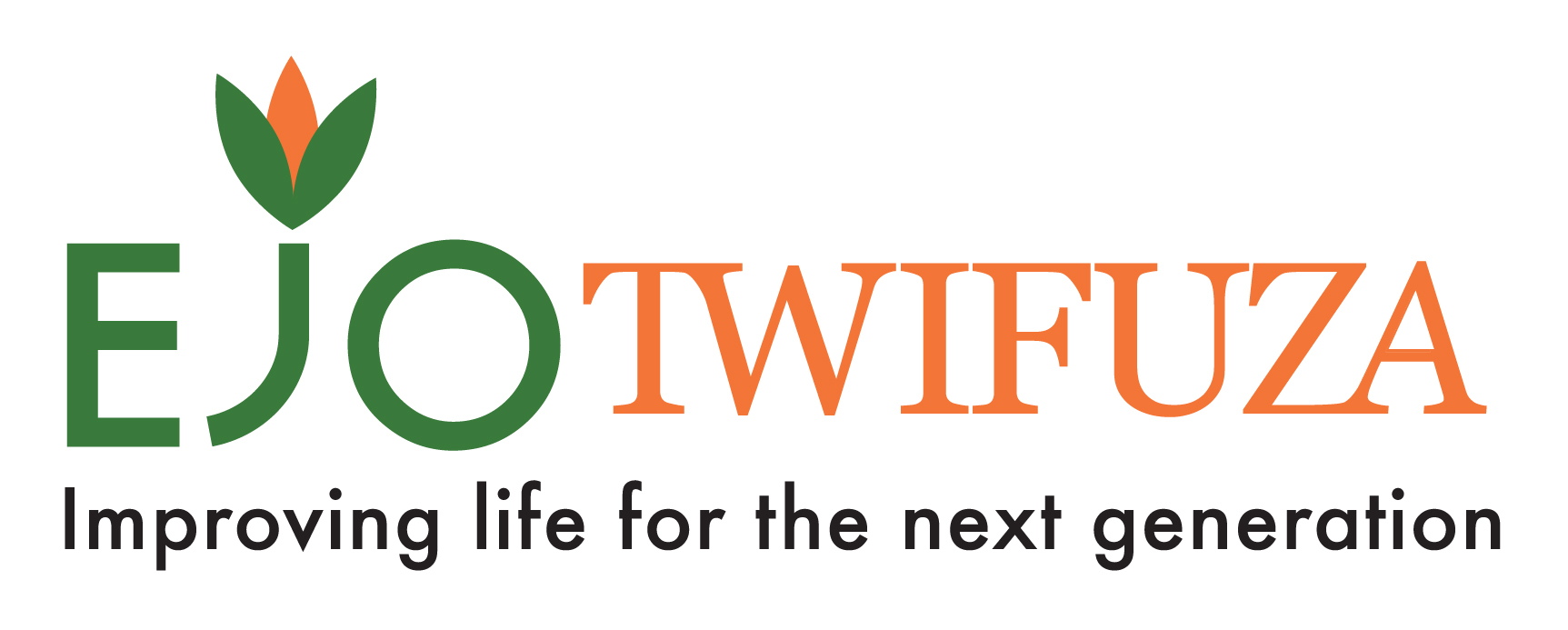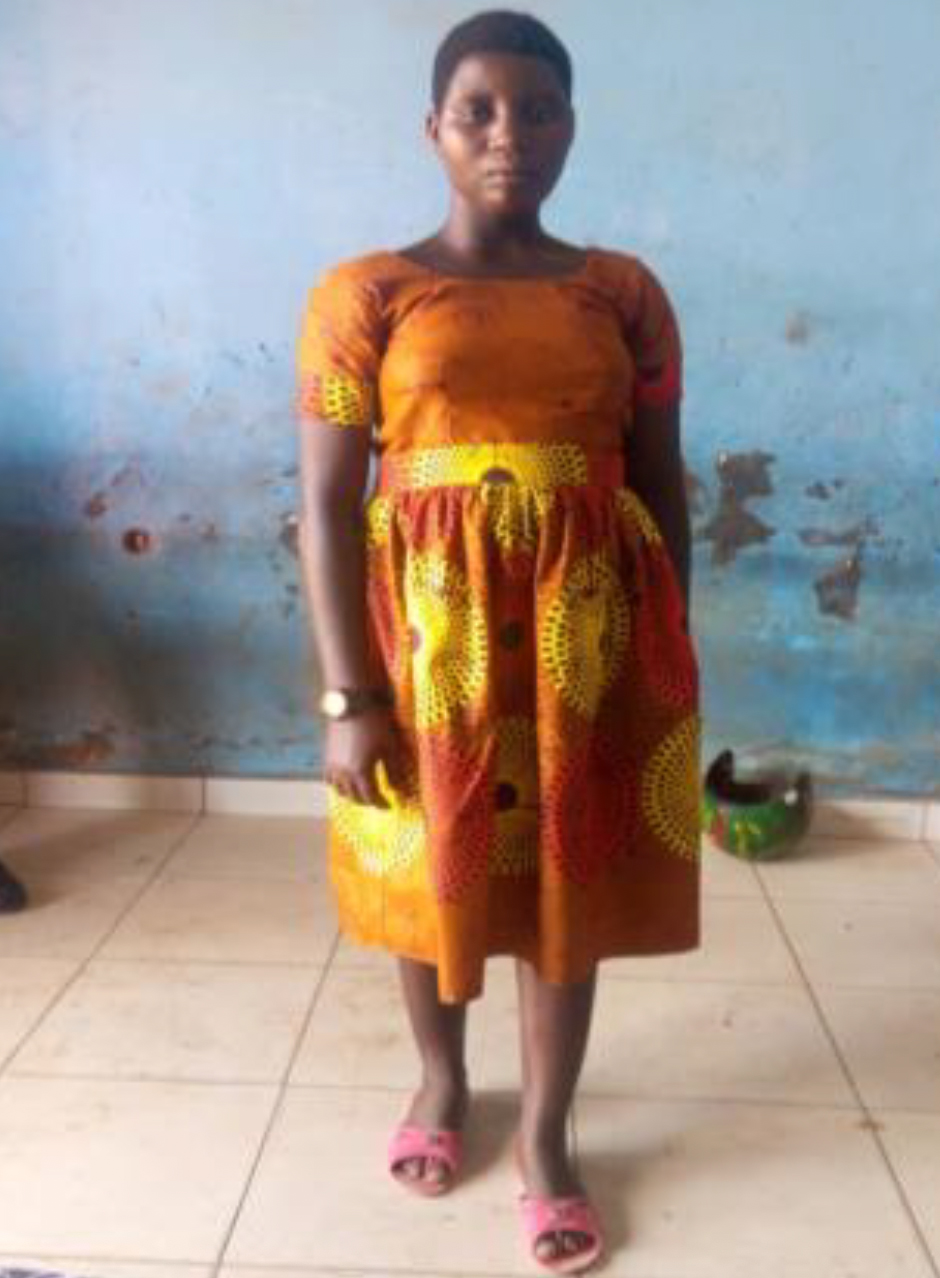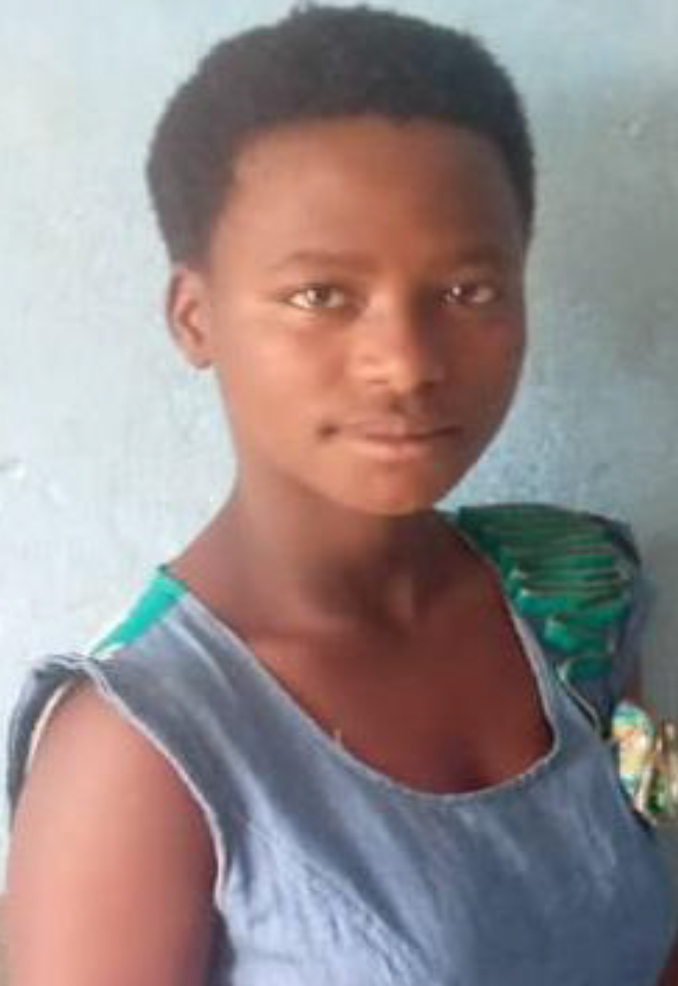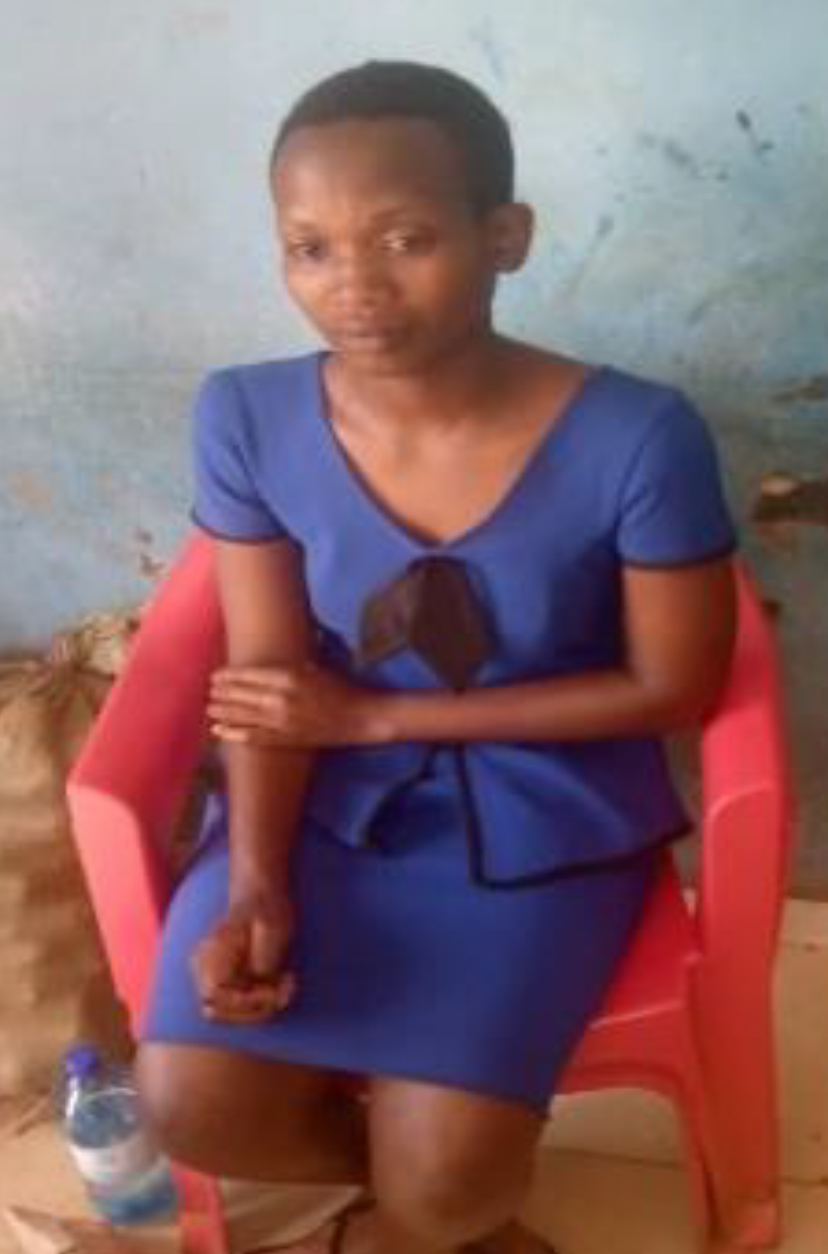

EJO TWIFUZA’s work resonates in the lives of individuals, families, and communities across Rwanda. From saving victims of human trafficking to empowering vulnerable populations through education and socio-economic programs, we are creating a society that values human rights and dignity.
268
Victims intercepted from human trafficking since 2019.
4000+
Traffickers arrested with 5 others under investigation in collaboration with law enforcement.
4
people educated on the risks and prevention of human trafficking.
28
trained volunteers stationed at critical transit points across Rwanda.
5000+
Educated 5000+ individuals
on neglected tropical diseases.
2000+
Administered 2000+ treatments of Albendazole to children in vulnerable communities.
46
Trained 46 community health workers and leaders to combat neglected tropical diseases.
FOOD
Provided short-term shelter, food, and healthcare to rescued victims.
3 TON
Distributed over 3 tons of food during the COVID-19 pandemic, supporting 1000 vulnerable families.
Real lives, real stories—these are the testimonies of transformation that drive our mission.
At 15, Louise was rescued after being abandoned at Nyabugogo Bus Station during the COVID-19 lockdown. With support from our team, she was given shelter and reunited with her family, restoring her chance for a bright future.
Louise’s
Escape
Stranded at the Rubavu border, Chantal
was at risk of exploitation. Our intervention ensured her safety through temporary lodging and care until she returned home safely.
Chantal’s Safe
Return
Kidnapped and left at a transit point in dire condition, Muhimpundu was saved by EJO TWIFUZA monitors. After receiving medical assistance, she was reunited with her family, giving her a new lease on life.
Muhimpundu’s
Rescue

Rescued from Exploitation — Louise’s
Escape During Lockdown
The COVID-19 lockdown created a perfect storm of vulnerability for young girls seeking work in unfamiliar cities. This is the story of Mukantabana Louise, a 15-year-old from Ngoma District, whose search for domestic employment led her into the hands of a trafficker. Her rescue at Nyabugogo Bus Station underscores the risks faced by children on the move—and the importance of strong protection systems during times of crisis.
A False Promise of Work
On 27 April 2020, 15-year-old Louise arrived in Kigali hoping to find
domestic work. She had been recruited by another girl she met in
Ngoma District, who promised to help her reach the city and find a job.
What Louise didn’t know was that this girl was acting as a broker for traffickers. Upon arrival in
Kigali, Louise was taken to the broker’s home—a single woman living alone. Within hours, the broker contacted two different men who sexually exploited Louise in exchange for payment
of 10,000 RWF per encounter.
Betrayal and Abandonment
After being abused twice, Louise fell ill and told her trafficker she needed medical attention.
Under the pretense of taking her to a health center, the woman instead abandoned her at
Nyabugogo Bus Station in the evening. With no knowledge of Kigali, no money, and no identification,
Louise was left terrified, alone, and crying.
Local security personnel noticed her distress and approached her. After learning her story, they
immediately contacted our field monitor for further assistance.
Timely Intervention Saves a Life
Thanks to the swift response of local security and our frontline team, Louise was rescued and
brought to safety. She was placed in a temporary shelter designated for trafficking survivors during
the lockdown. Medical care, psychosocial support, and safe accommodation were provided immediately.
With the support of the police and investigative authorities, an investigation was launched to
locate and prosecute the perpetrators. Louise was eventually reunited with her family, bringing
closure and healing after a traumatic experience.
Conclusion
Louise’s story reveals how easily children can be lured into exploitative situations under false
promises of employment—especially during crises like the pandemic. It also highlights the
critical role played by trained monitors, local authorities, and emergency shelters in identifying
and protecting vulnerable youth. Through rapid intervention and coordinated action, lives can
be saved, and justice can begin to take shape.

Rescued at the Rubavu Border — Chantal’s Close Call with Trafficking
The COVID-19 pandemic created unprecedented vulnerabilities, especially
for young women seeking work across borders. This is the story of
Mukarutesi Marie Chantal, whose pursuit of a domestic job opportunity
nearly led her into the hands of traffickers.
An Offer from a Stranger
On 22 March 2020, 25-year-old Chantal from Nyamagabe District set out
for what she believed was a job opportunity in the Democratic Republic
of Congo. She had received the offer from a stranger she met on a bus
traveling the Kibuye–Muhanga route just four days earlier.
With few options and high hopes, Chantal made her way to
the Rubavu border station.
A Plan Falls Apart
When she arrived at the Rubavu border, she found herself stranded. Due to COVID-19 restrictions
, the man who was supposed to meet her never showed up. With no contacts and no place to stay,
she was taken in by another young woman who offered her temporary accommodation.
Chantal remained in this precarious arrangement for three weeks—from 22 March to 12 April 2020.
But on the evening of 12 April, the woman asked her to leave, forcing Chantal onto the streets of
Rubavu without food, shelter, or knowledge of the area.
Timely Intervention
Alone and vulnerable, Chantal was found sitting on the veranda of a local shop by our monitoring
team. Recognizing the danger she was in, they approached her and quickly assessed the situation.
Chantal was offered food and safe lodging during the lockdown. Once travel restrictions were
lifted, our team assisted her in safely returning to her family in Nyamagabe.
Conclusion
Chantal’s story is a stark reminder of how easily young women can be lured into risky situations
under the promise of employment. It also highlights the importance of on-the-ground
monitoring and swift intervention to prevent trafficking during times of crisis.

Rescued at Nyabugogo —Muhimpundu’s Ordeal and Recovery
In a world where young people—especially girls—are increasingly vulnerable to exploitation, stories like that of Muhimpundu remind us of the urgent need for vigilance and rapid response. At just 17 years old, she fell victim to a brutal crime while traveling alone. Her journey from abduction to recovery highlights the dangers faced by youth on the move and the life-saving impact of timely intervention.
A Dangerous Ride
On what should have been a routine trip to Kamonyi, 17-year-old
Muhimpundu accepted a ride from a group of men in a taxi who claimed they could help her reach her destination. Instead of taking her to Kamonyi,
the men took advantage of her trust, kidnapping her and sexually assaulting her. After the attack, they stripped her of all her belongings—including her phone, money, and national ID—and abandoned her at Nyabugogo bus station in a severely weakened condition.
Left Behind and Alone
Dazed, traumatized, and with no way to call for help, Muhimpundu was found crying alone at the Nyabugogo bus station. She had no identification, no money, and no means of contacting her family. It was there that our field monitors spotted her and immediately stepped in to provide support. Local security personnel noticed her distress and approached her. After learning her story, they immediately contacted our field monitor for further assistance.
Swift Action Saves a Life
Recognizing the severity of her condition, our team intervened quickly. Muhimpundu was taken to the Isange Gender-Based Violence (GBV) center at Police Hospital for emergency medical care and psychological support. A full investigation was launched in coordination with local police and the Rwanda Investigation Bureau (RIB) to track down the perpetrators.
Thanks to the prompt actions of our frontline staff and the collaboration with law enforcement and health professionals, Muhimpundu received the care and protection she desperately needed. She was later reunited with her family, bringing a measure of peace after a harrowing experience.
Conclusion
Muhimpundu’s story is a tragic but powerful example of how quickly a simple journey can turn into a nightmare when trust is exploited. It also demonstrates the critical importance of having trained personnel stationed at high-risk transit points to identify and assist victims of trafficking and gender-based violence. With early intervention and coordinated support, survivors like Muhimpundu can begin to heal and reclaim their futures.